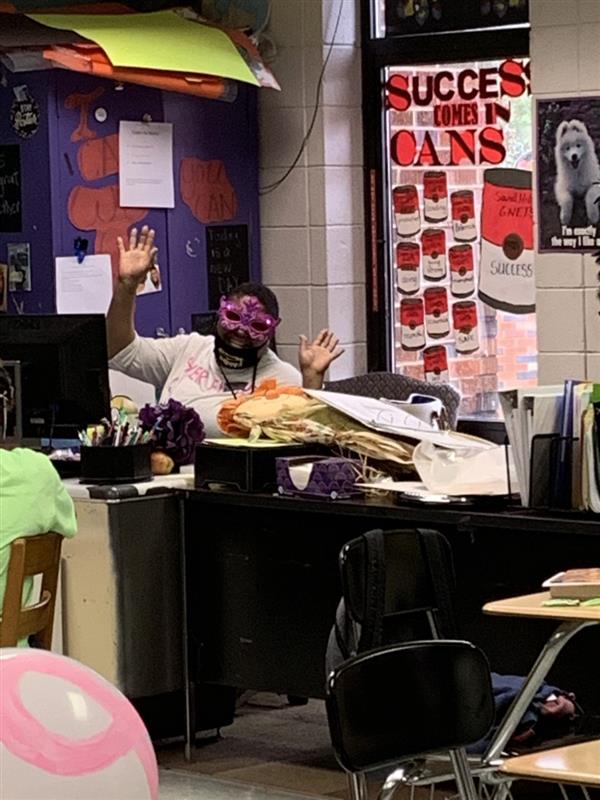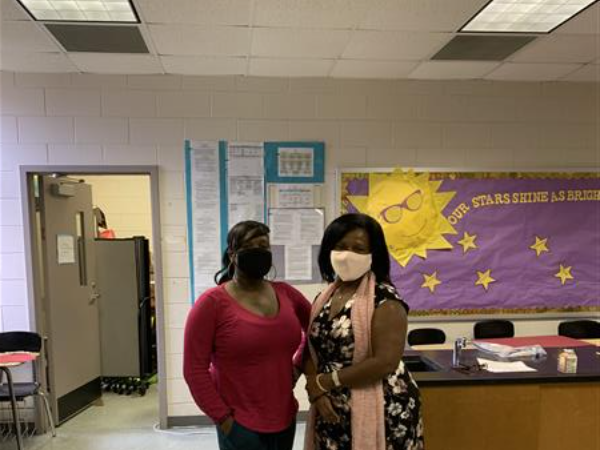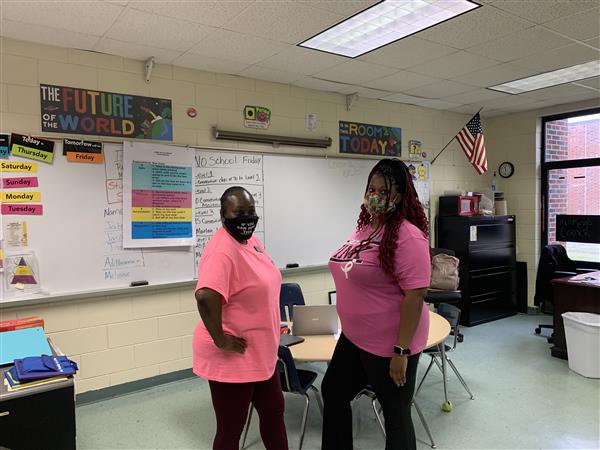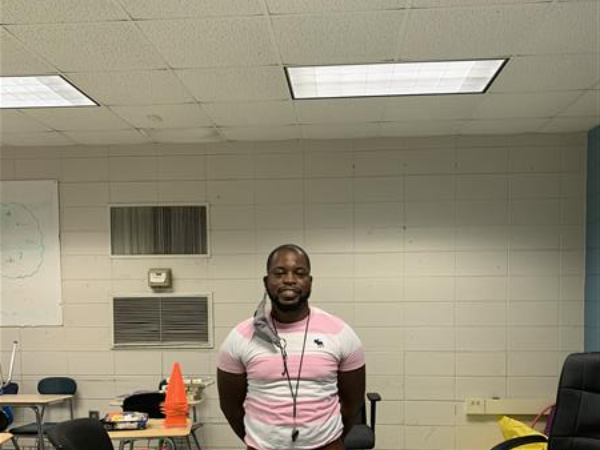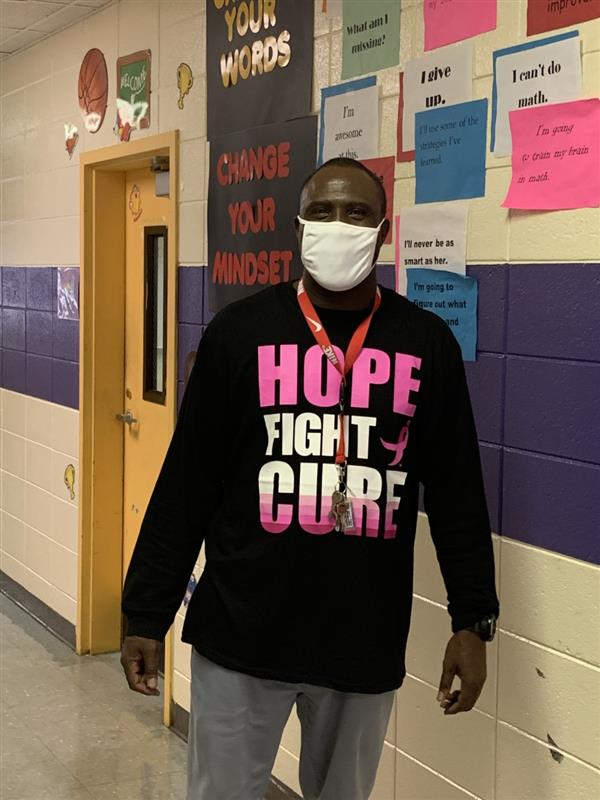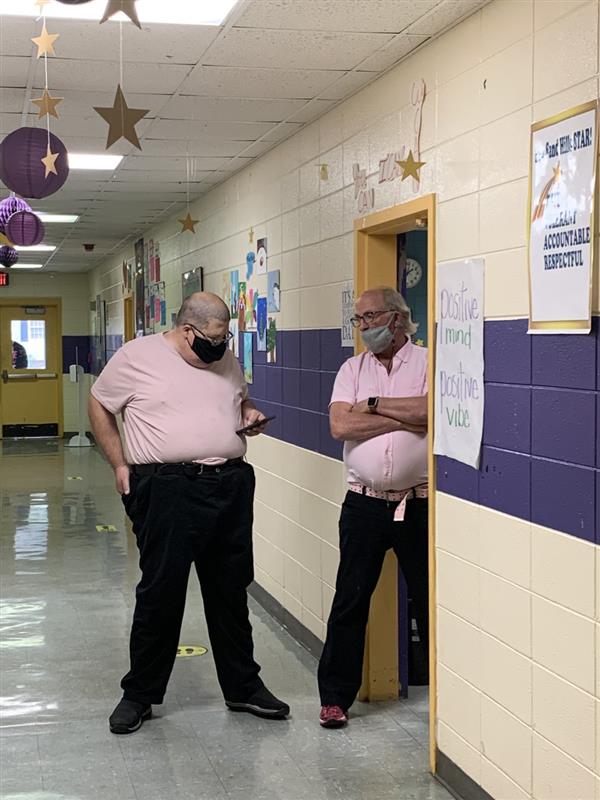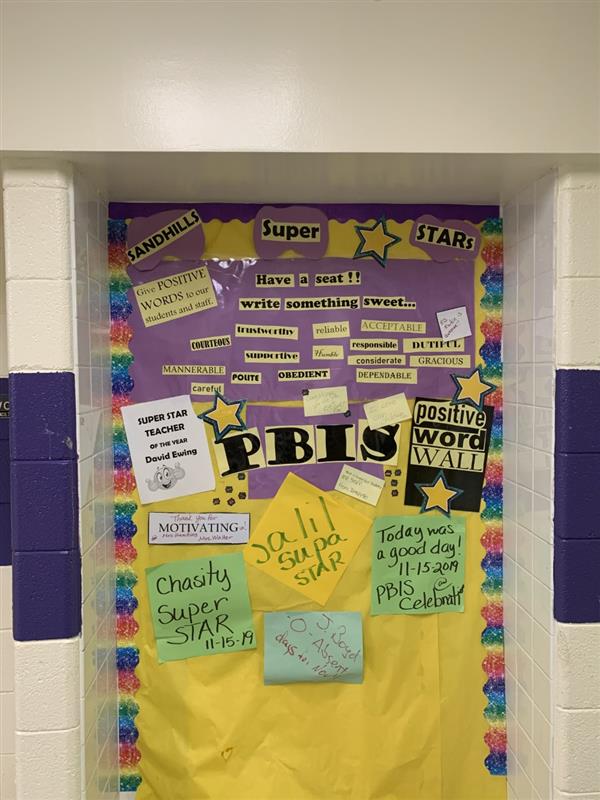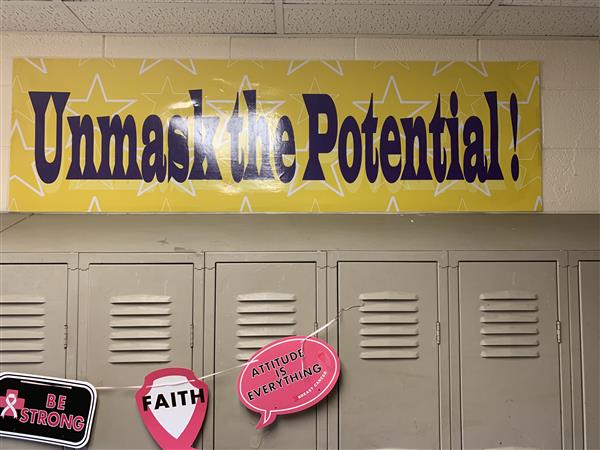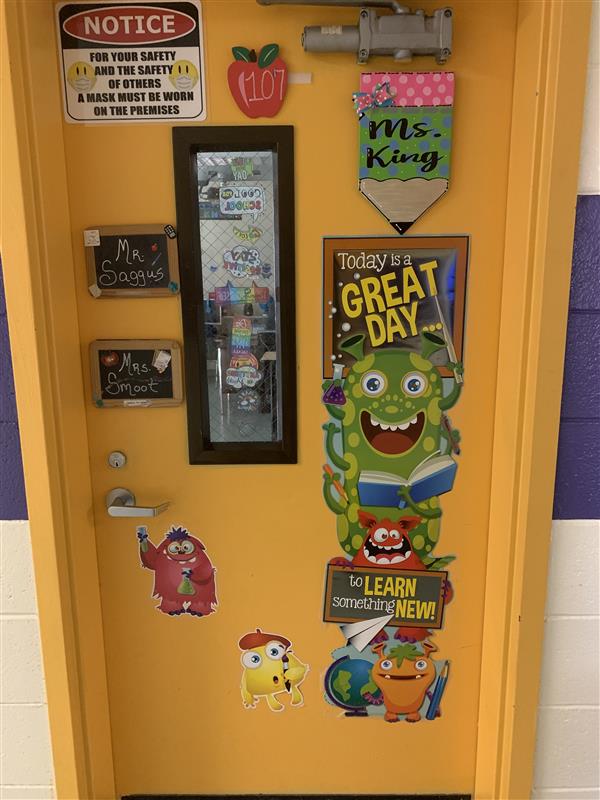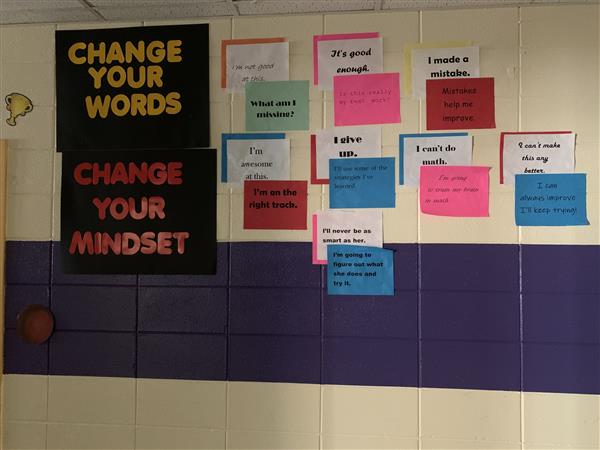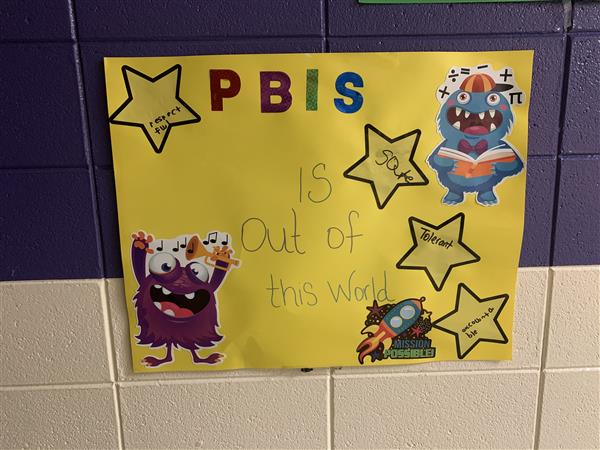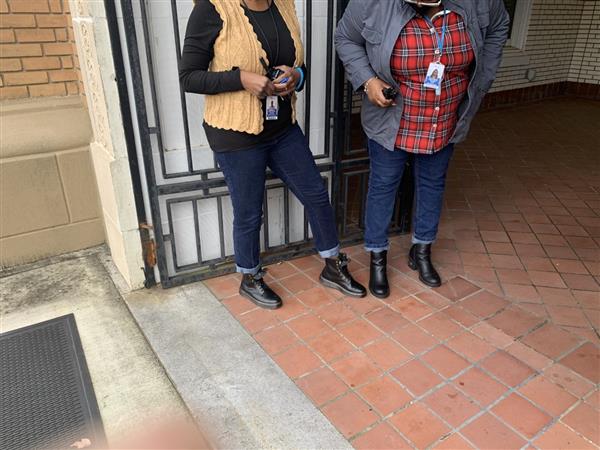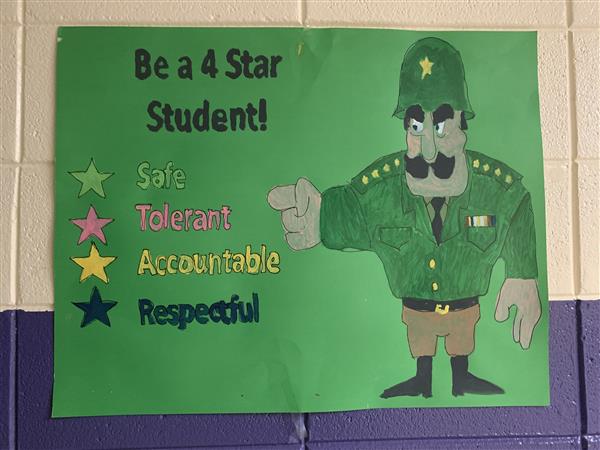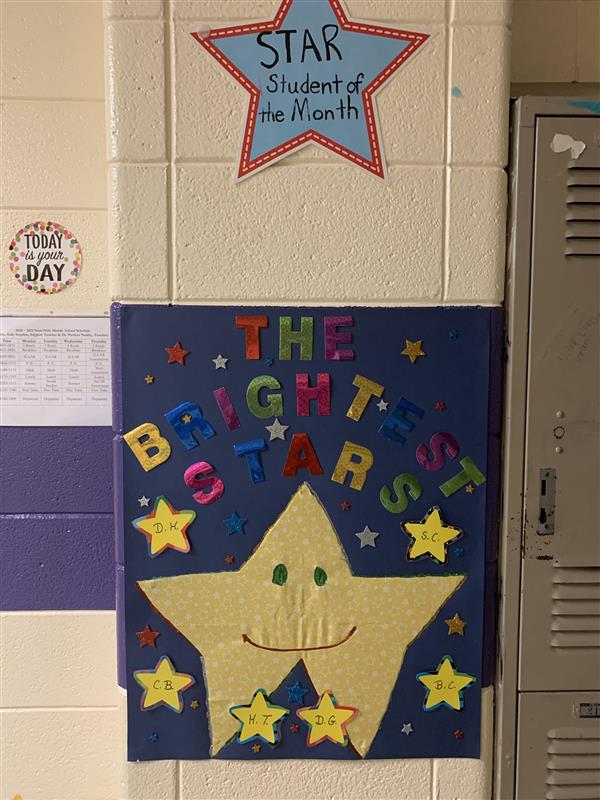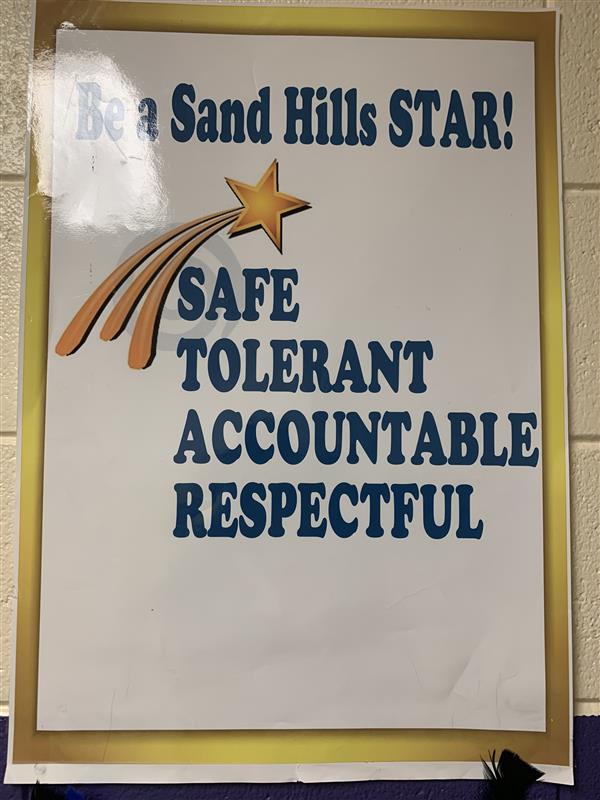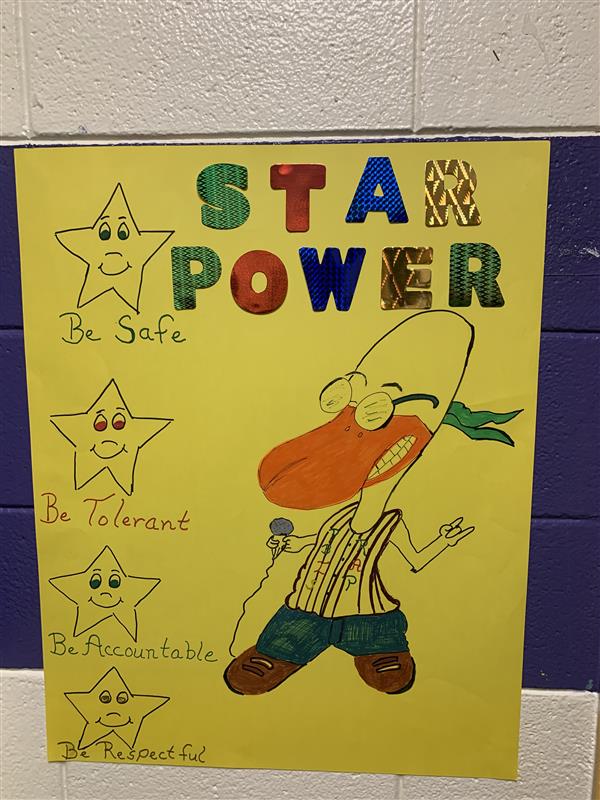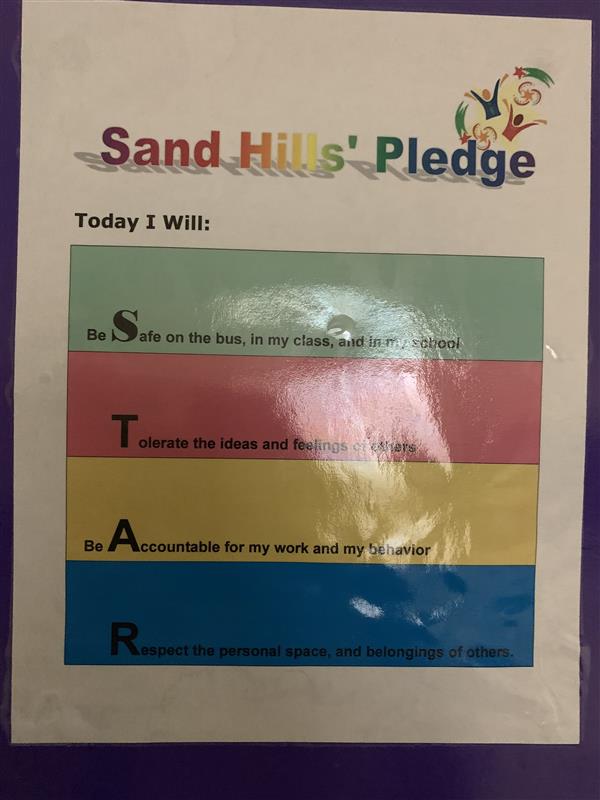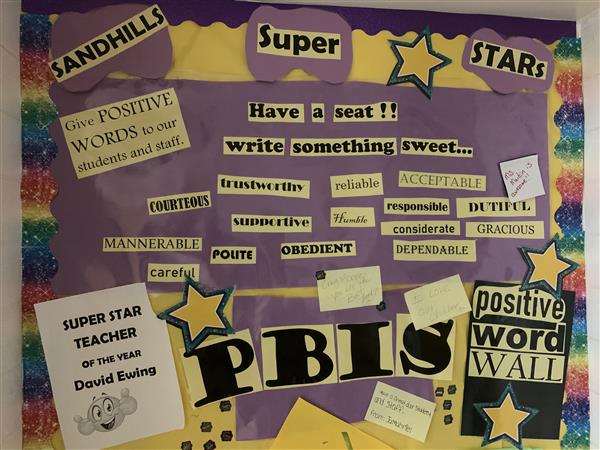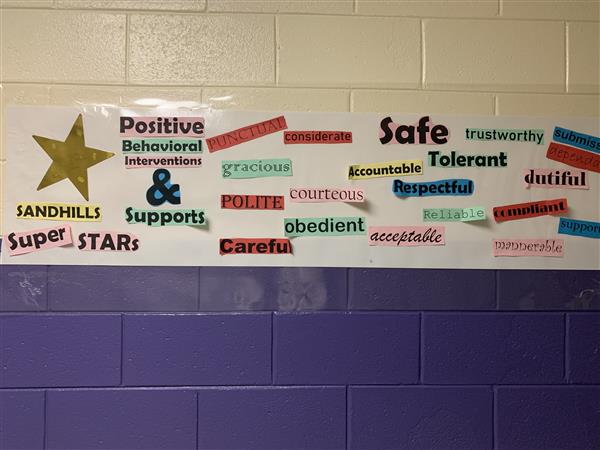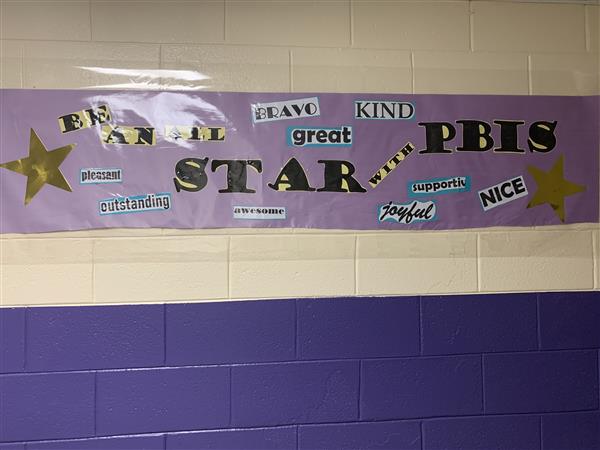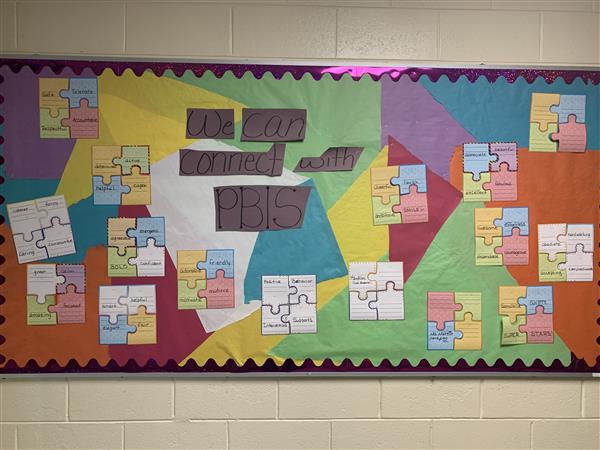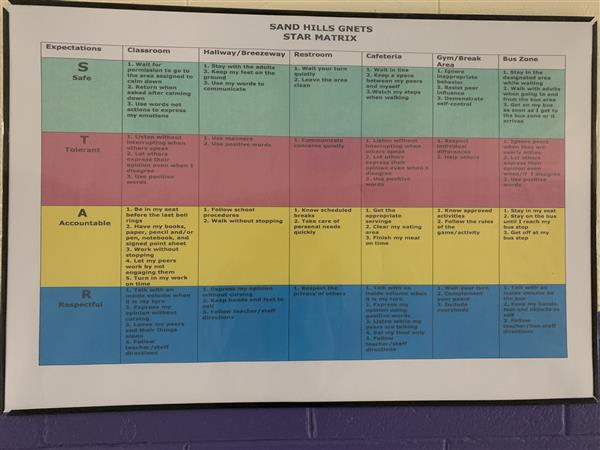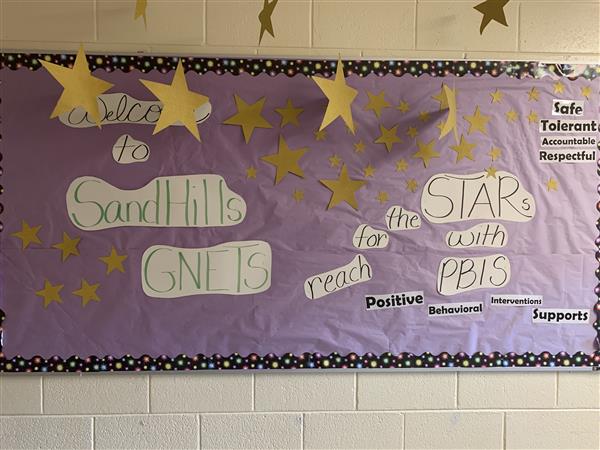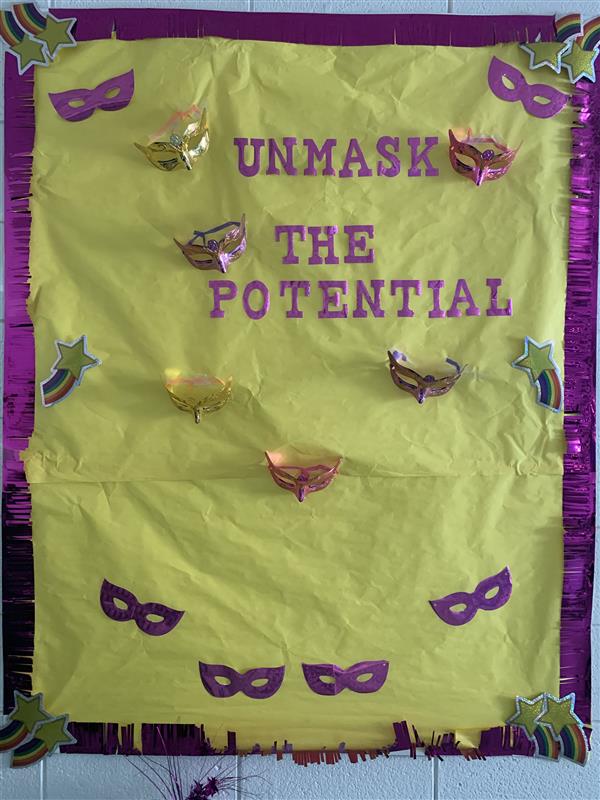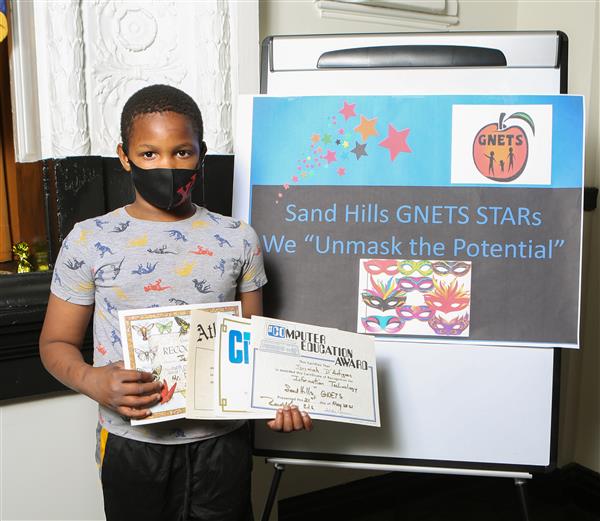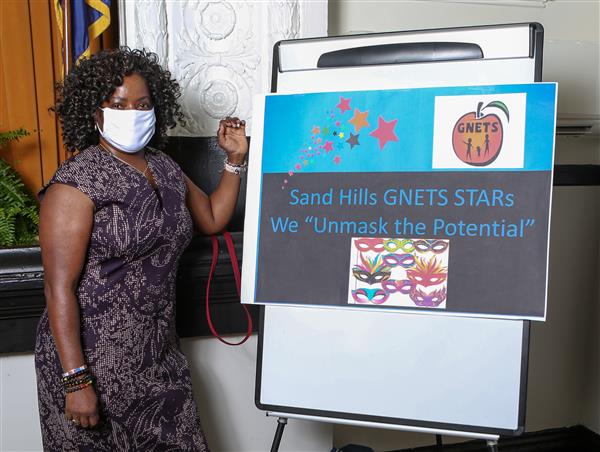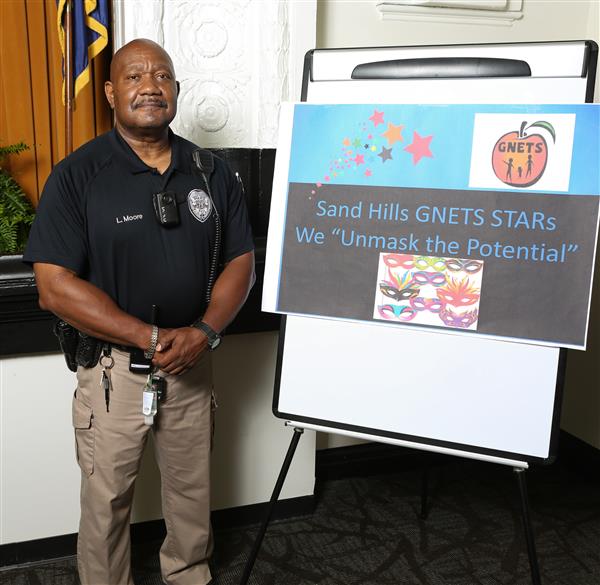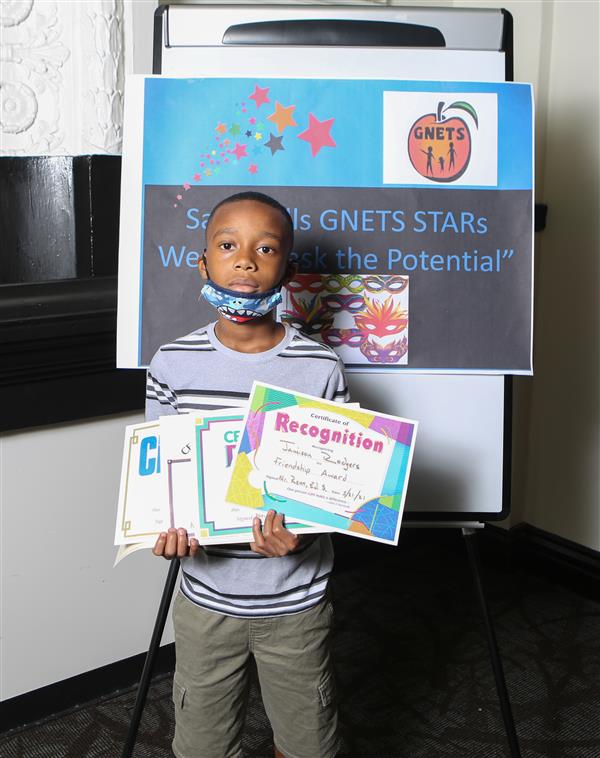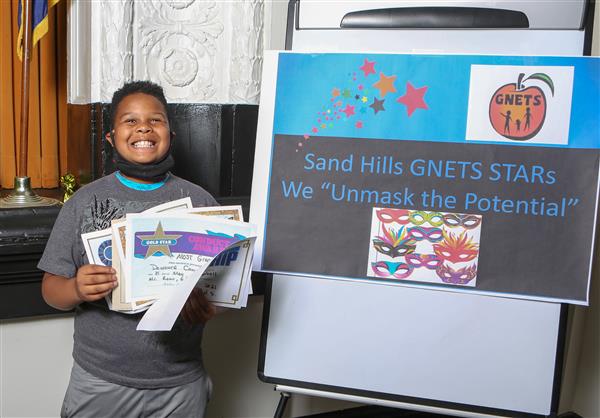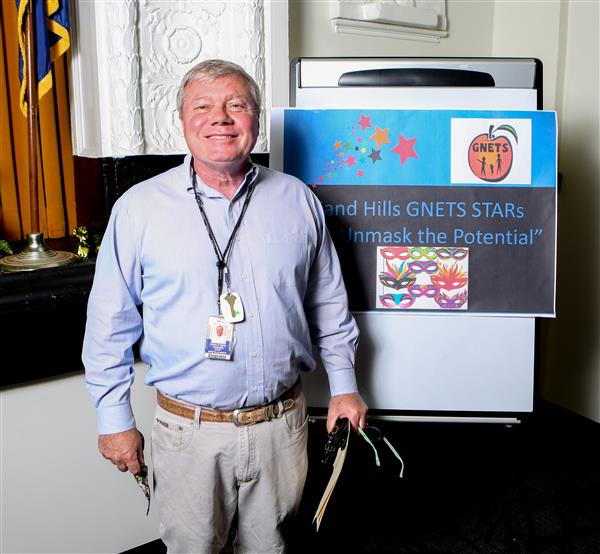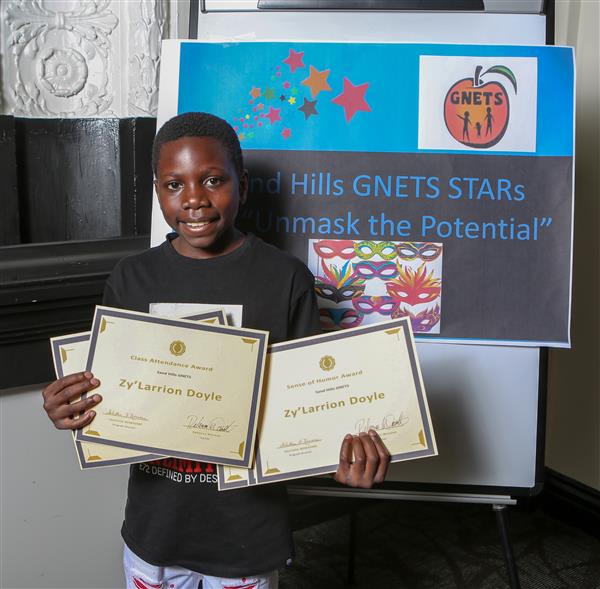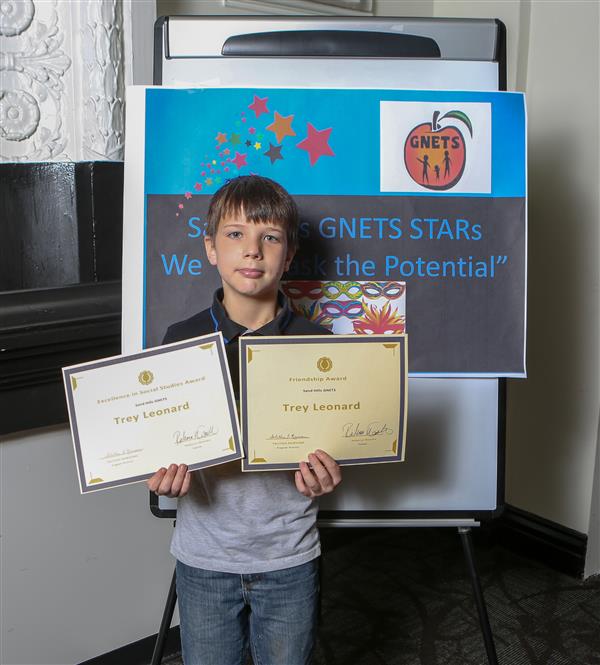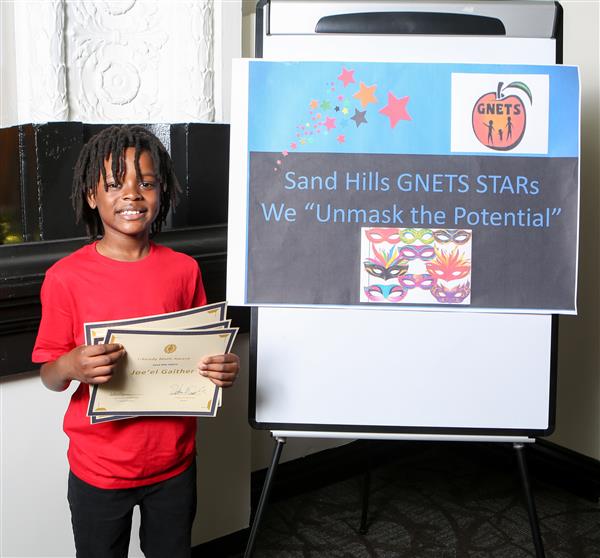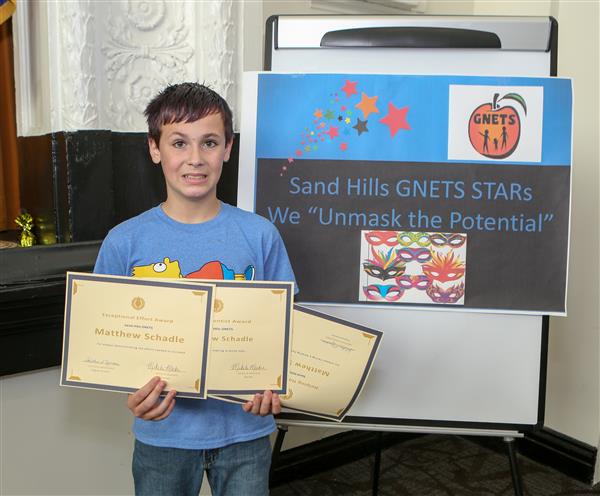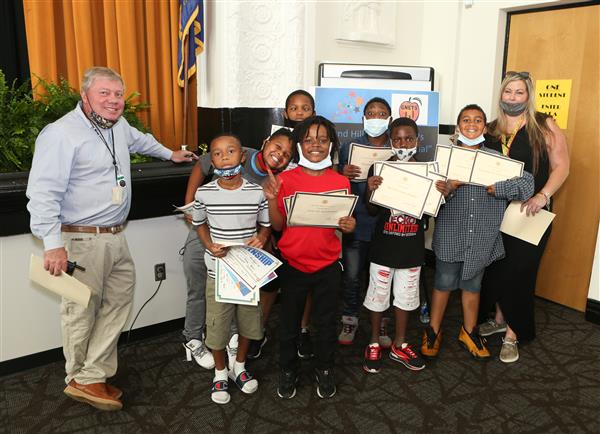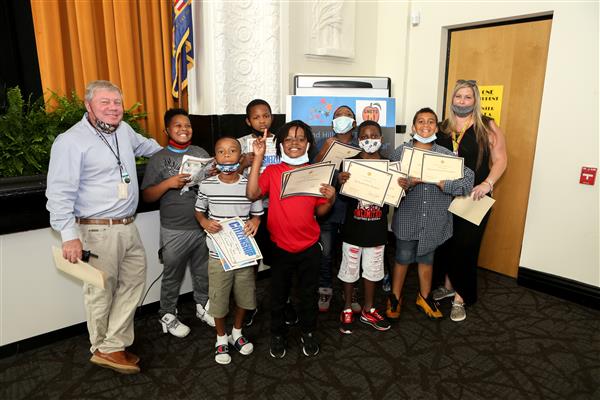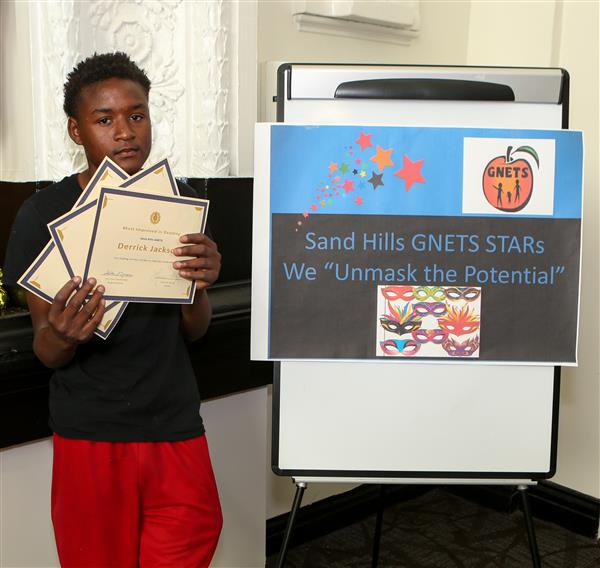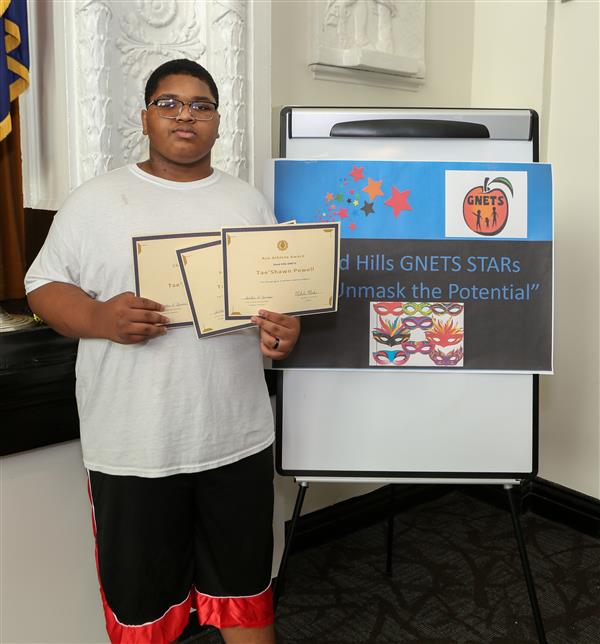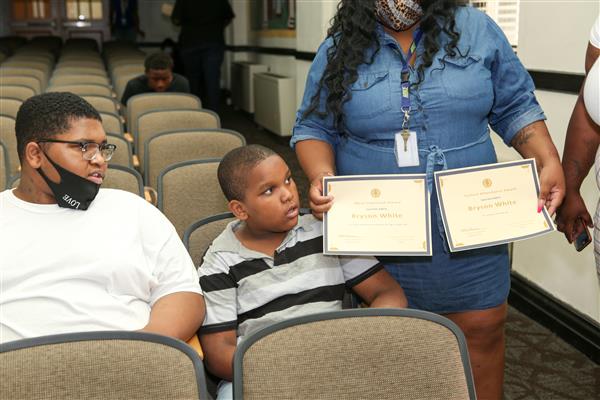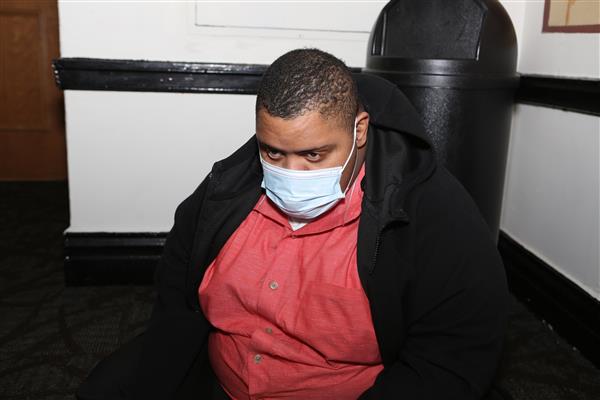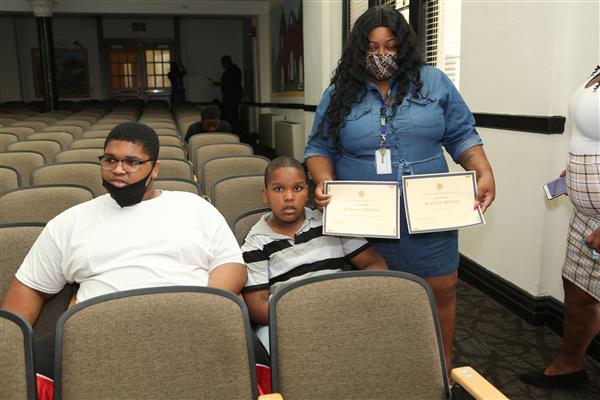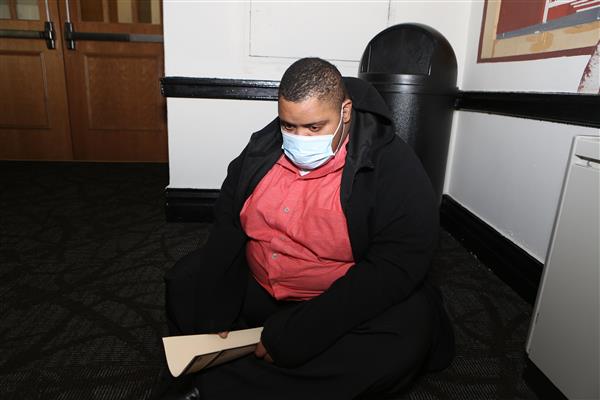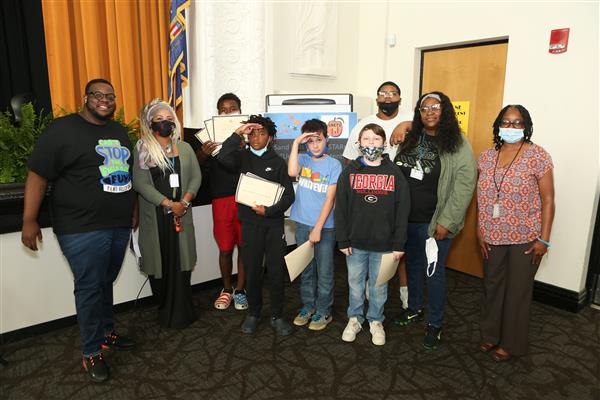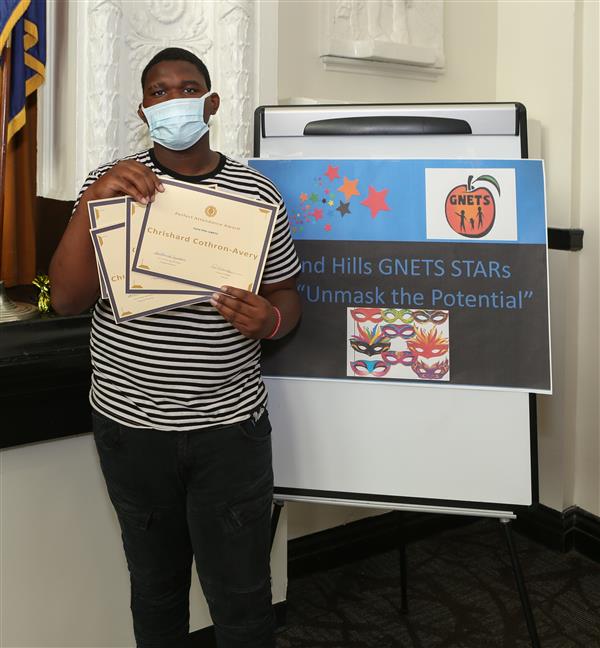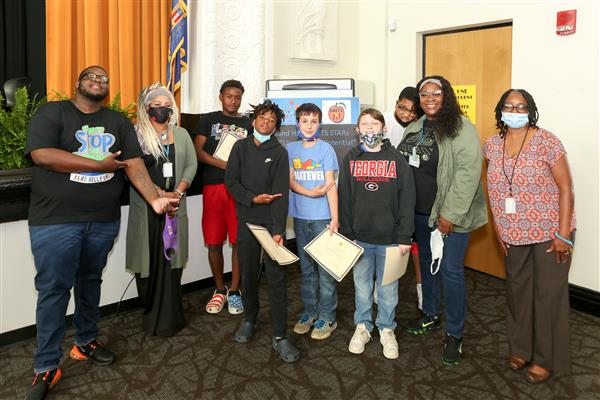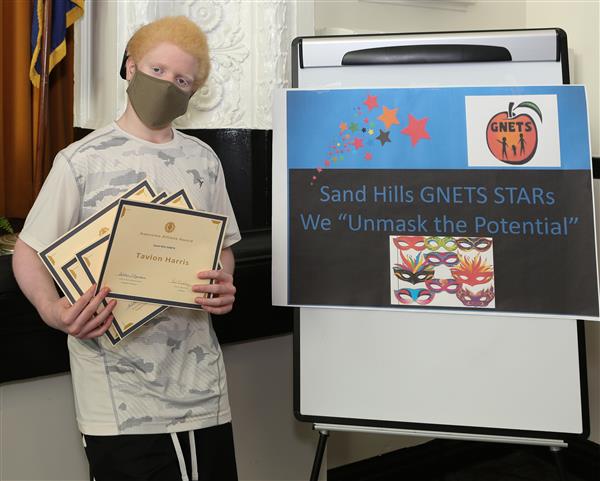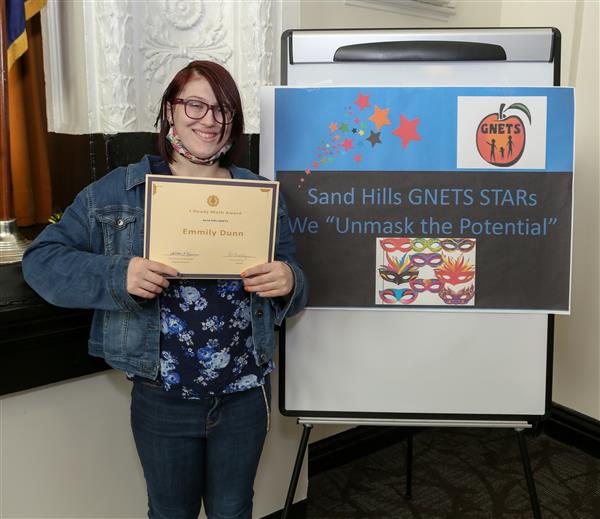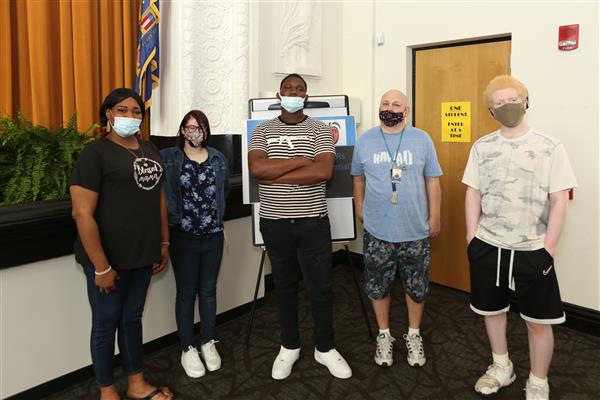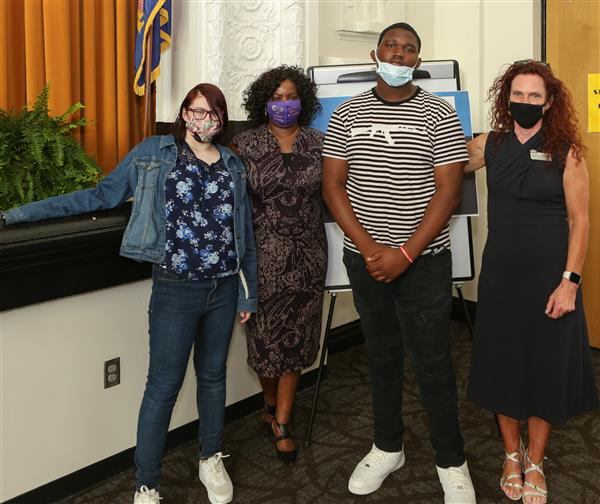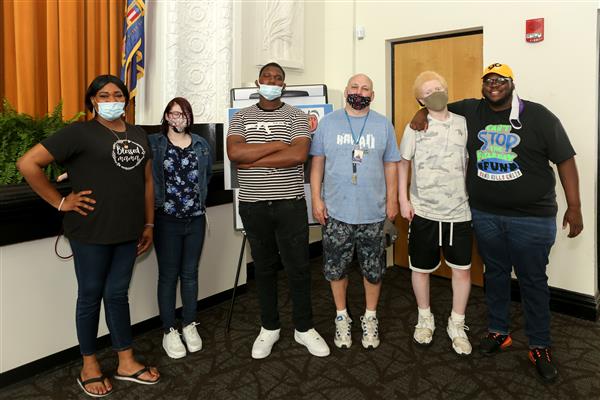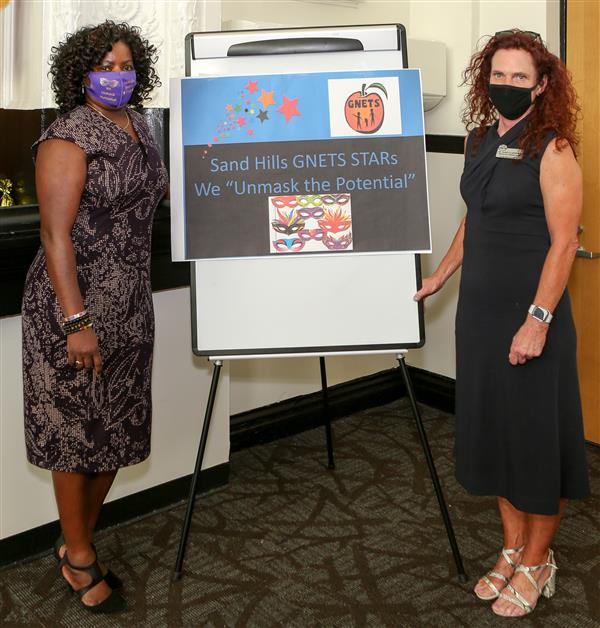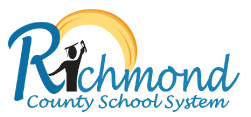Positive Behavioral Interventions and Support (PBIS)
-
Positive Behavioral Interventions and Supports (PBIS)
PBIS School
Our program subscribes to the Positive Behavior Intervention Support program, school-wide. Currently, we are in our fifth year of implementation. We make use of this prevention program to transform the climate of our school, to encourage successful transition back to the LRE, increase staff efficacy, improve student outcomes, and to help students meet their goals for the program. Students are taught through modeling, positive reinforcement, and specialized instruction. Our expectations are posted throughout our sites. We are experiencing success with PBIS. Click the following link to understand more about PBIS
Sand Hills GNETS is a part of a state-wide service that provides comprehensive education and therapeutic support for students with disabilities. Sand Hills GNETS uses a diverse team of educators, related service providers, and school leaders to work together to support students in understanding their feelings, behaviors, and to reach their academic potential. Students are engaged in activities and lessons that teach and practice social skills, respect for others, positive behaviors, and emotional awareness.
What is PBIS?
PBIS is a research-based and data-driven program of behavioral, emotional, and social supports based on the philosophy of preventative planning by staff, a focus on student success, and creating a nurturing and safe atmosphere for student learning and growth. PBIS creates a team to identify, address, and resolve problem behaviors and provide support to students in need.
PBIS has 5 main parts:
- Clearly defined and explained positive behavior expectations (matrix)
- Behavioral expectations taught to all students and staff throughout the year.
- Acknowledging and promoting positive behaviors of students.
- Proactive and supportive correction of negative behaviors.
- A database of diverse information used to guide decision-making for student supports, school-wide activities, and other activities.
Who can be on the team?
- Administrators
- Teachers
- Support personnel such as Media Specialist, Clinicians, Custodians, Bus drivers, etc.
- Special Education personnel such as Paraprofessionals, interpreters, Speech Pathologist, etc.
- Agency workers, mentors, counselors, etc.
- PARENTS
What Can I do to help?
PARENTS AS PARTNERS
Parents are an important part of the implementation of Multi-Tiered Systems of Support for Behavior. Parents are encouraged to use similar positive behavioral expectations to those that the school teaches. Students, parents, and school personnel all have a role in making schools safe and must cooperate with one another to achieve this goal. School staff should keep parents informed of their child’s behavior and enlist parents as partners in addressing areas of concern. Outreach to parents can include, but is not limited to, a phone call and/or written communication. As role models, parents and school staff should exhibit the behaviors which they would like to see students emulate.
To become active and involved partners in promoting a safe and supportive school environment, parents must be familiar with the expectations of the program. Educators are responsible for informing parents about their child's behavior and for nurturing the skills students need to succeed in school and in society. Parents are encouraged to discuss with their child's teacher and other school staff issues that may affect student behavior and strategies that might be effective in working with the student. It is important that there is ongoing consultation and communication between the school and the home.This is the Sand Hills GNETS Program where "We unmask the potential!"
